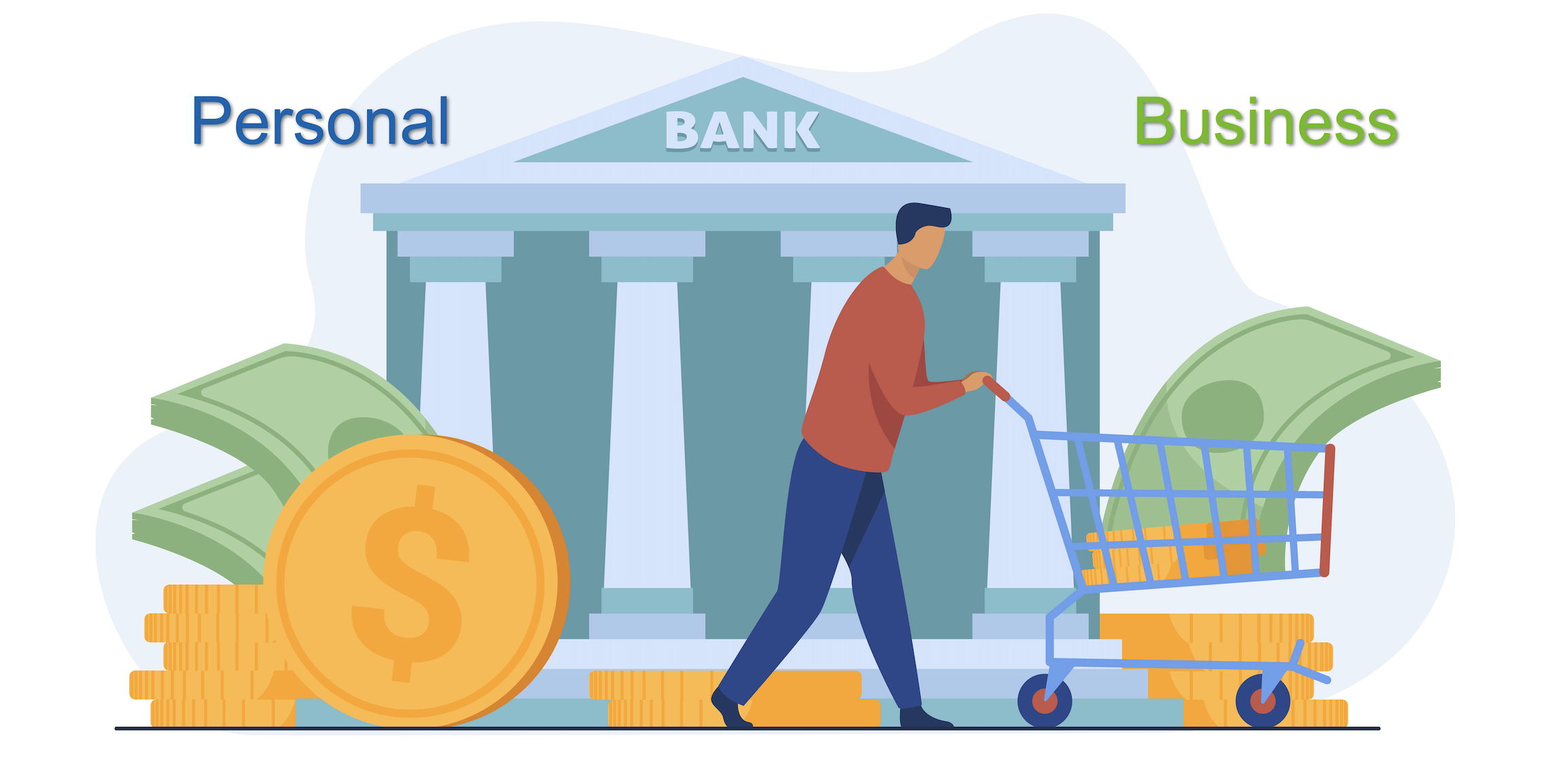6 Ways New Business Owners Make Mistakes and Lose Money (2021)
Avoid wasting money in these 6 ways when opening your restaurant

Contents
Opening a new business is, no doubt, an exciting time. However, with that excitement can also come a desire to get started as soon as possible. This urge to rapidly pursue your goals should be tempered, as it can often lead to business owners making poor decisions that could end up breaking the bank. Luckily, we’ve compiled a list of 6 common mistakes made by new business owners. Hopefully you can avoid making any of these in the future!

1. Paying Too Much for Lease
Many business owners may actually not be getting a bad deal with their leases, but they end up purchasing a space that is unsuitable for their needs - which wastes money. Two common examples include leasing a space that’s just the right size, but paying for too long a period of time or getting a lease for a suitable length of time, but paying extra for a space that’s too large for the business’ needs.
Instead, plan out how much space the business needs to operate efficiently and add a small amount of additional space. Negotiate for the best price and lease terms once you’ve found the perfect location and you’ll be able to avoid the first pitfall that often plagues many new business owners.

2. Financing Your Business With a Credit Card
Though this should already sound like a terrible idea, sometimes business owners who want to begin right away and are on a tight timeline take desperate measures. Financing any large portion of your business through a credit card is one of the easiest ways to accrue debt because of the high interest rates that build up as you pay back your credit card loan. Even if your business makes a profit in the first few months of being open, you’ll be paying a good chunk of that income back to credit card companies. Worse still, if you end up not making a profit in the first few months (which is actually quite normal for many types of businesses) then your interest rates will increase if you decide not to pay your credit card provider for those months. Or, you will take a bigger hit by paying back the high rates of interest.

3. Not Separating Your Personal and Business Accounts
Allowing business cashflow and personal expenses to come and go through the same account can be confusing when it comes time to calculate how well or poorly your new venture is faring. You may, for example, think your business is performing poorly if you forget to keep track of personal expenses and count them as business expenses, or you might have the opposite problem if you are receiving cash from a different source and credit it to your business.
Instead, keep two separate accounts, one for personal use and one for business use. This will ensure you do not confuse your finances and know exactly where your business stands in terms of profits and loss.

4. Cutting Costs on Important Things
While it’s always beneficial to do whatever it takes to save money, this should only be the case for certain aspects of setting up a business. Trying to cut costs on things that could end up making you money in the long-run can actually be detrimental to your business’ success as a whole. For example, spending too little on staff will mean that you may end up with a team that is unqualified or demotivated, resulting in poor customer service. Purchasing cheap ingredients could mean that you’re serving low-quality dishes to customers, which would wreck your business’ reputation.
If you’re worried about spending too much, cut back on things like expensive décor or the latest kitchenware. While those things can benefit a business, in the early stages, if you’re strapped for cash, it’s best to focus spending on the essentials, building up a decent cash pile and then splurging on fancy extras.

5. Not Integrating the Right Tech
Managing your business the right way from the beginning is extremely important. Keeping your staff in check, having CRM to boost customer interaction, being able to manage your kitchen, keeping track of accounts, offering loyalty programs, managing tables, keeping abreast of new menu items, integrating food delivery and more is a difficult task to balance under the best of circumstances. However, investing in technology that can manage all these aspects of your business and scale as you grow is a must.
It is always best to invest in a single system that can meet your requirements as you grow, rather than spending extra in disparate systems that cannot communicate with one another. For example, buying a separate accounting system, POS system, CRM system, delivery system and more would require you and your staff to learn several different user interfaces. You’d also have to manually enter information into each system to keep track of your business’ goings on. Instead, having one system that talks to all relevant aspects of your business means you can leave all the tedious work to technology and focus on making your new business a success.

6. Not Having a Budget Plan
When embarking on your business journey, it is important to have a strict plan that lays out where, when and how you will spend your budget. Misallocation of financial resources is one of the easiest ways for new businesses to falter early on. It is also important for businesses to plan how they will be able to keep running if they are not profitable for the first few months. Having some money set aside for such situations is a key part of budgeting and will give you an idea of how long your business can keep running without turning a profit.